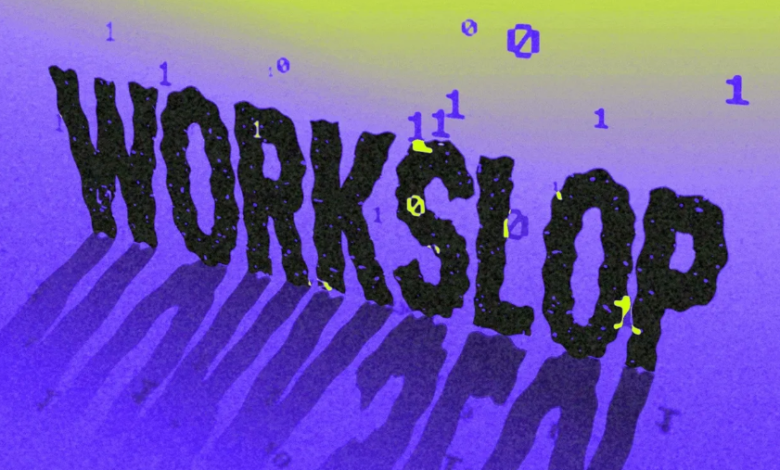AI Promises Efficiency but Delivers “Workslop,” Harvard Study Finds

Artificial intelligence (AI) has long been promoted as a tool to improve efficiency and reduce repetitive tasks in the workplace.
Reported from hkitblog.com however, a new Harvard University study reveals a different reality: instead of boosting productivity, AI may be creating a new wave of meaningless, low-value tasks dubbed “workslop.”
What Is “Workslop”?
The term “workslop” refers to work generated by AI systems that looks useful on the surface but requires constant human oversight, correction, or duplication. This includes poorly drafted AI-generated reports, irrelevant recommendations, or administrative clutter that employees must spend time fixing.
“Rather than freeing workers, AI often shifts their focus to cleaning up digital messes, which increases frustration,” the researchers noted.
Key Findings of the Study
The Harvard study, based on surveys and workplace observations, highlighted several negative impacts of AI adoption:
- Increased oversight tasks: Employees spend more time reviewing AI outputs to ensure accuracy.
- Lower job satisfaction: Workers report feeling less fulfilled, as their time is consumed by repetitive corrections.
- Rising stress levels: Constant monitoring of AI tools contributes to digital fatigue.
- Reduced innovation: Teams become reactive, focused on fixing AI errors rather than developing creative solutions.
See also: The Affordability of Community College: A Smart Choice for Your Education
Worker Reactions
Some employees described AI-generated work as “busywork disguised as innovation.” While AI is marketed as a way to cut down on administrative burdens, the reality in many offices is the opposite: more time spent double-checking, editing, and redoing.
Implications for the Future of Work
Experts warn that unchecked reliance on AI could undermine its very purpose—improving productivity. Organizations are urged to carefully integrate AI tools, provide adequate training, and establish guidelines to ensure that technology truly supports, rather than hinders, human work.



